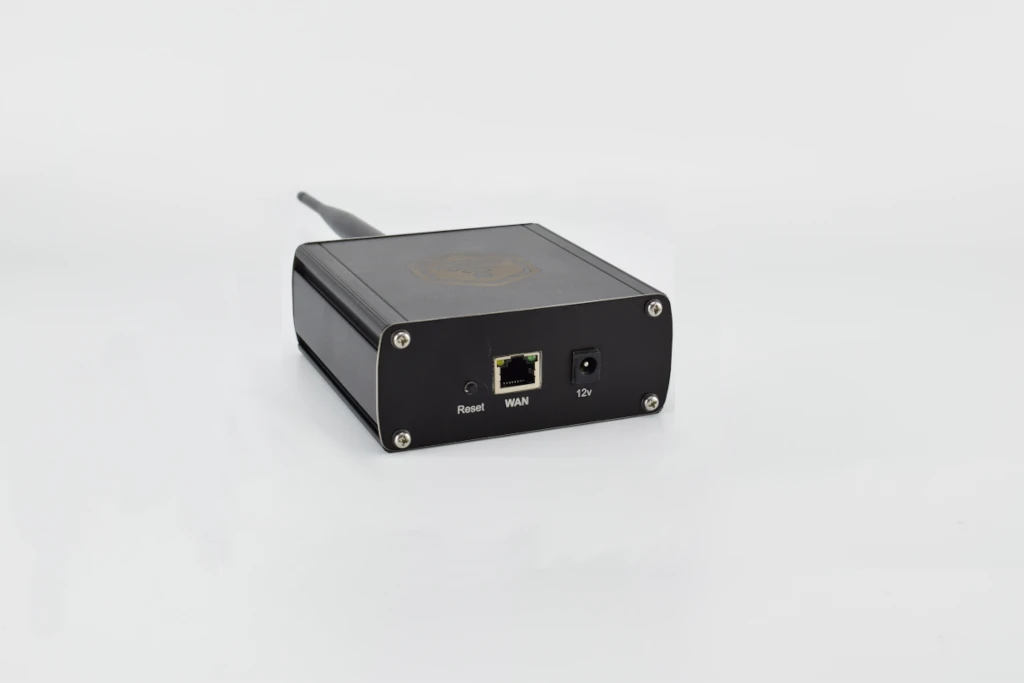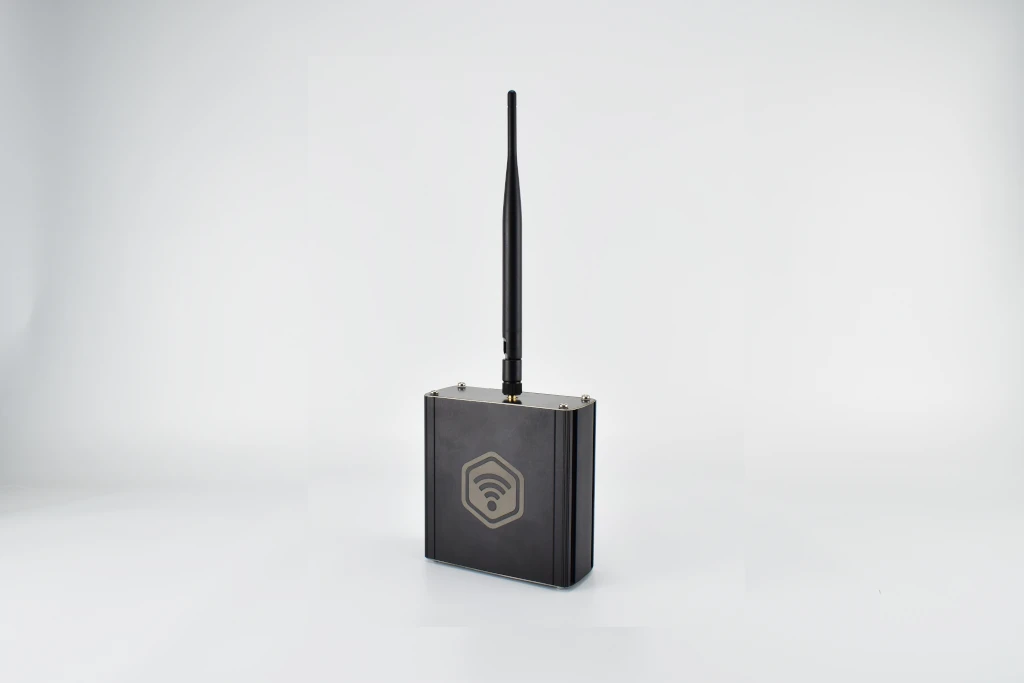


Fluido
Detus partnered with Fluid to create a prototype communication layer for building a real-time digital twin of an industrial plant. The idea was to use Wi-Fi HaLow nodes distributed across the facility to collect continuous streams of data, from vibration and temperature in motors, to energy consumption in production lines, to occupancy sensors in work areas. By connecting these nodes into a unified low-power, long-range wireless mesh, the plant could generate a live digital representation of its operations.
Traditional wireless protocols struggle with the scale and density of an industrial plant. The challenge was ensuring that Wi-Fi HaLow could support hundreds of simultaneous data points with stable latency, even in areas filled with metallic machinery and electromagnetic interference. Another difficulty was energy efficiency: most nodes had to operate on battery power for extended periods without maintenance. Designing PCBs that could balance ultra-low power consumption, signal integrity, and European compliance standards required multiple iterations and rigorous in-house testing.
The prototype proved that Wi-Fi HaLow could serve as the backbone for a digital twin of an industrial facility. It enabled live monitoring of critical processes, predictive maintenance of equipment, and energy optimization across the plant. For Fluid, this project showcased how HaLow can transform industrial operations from static systems into adaptive, intelligent environments.
